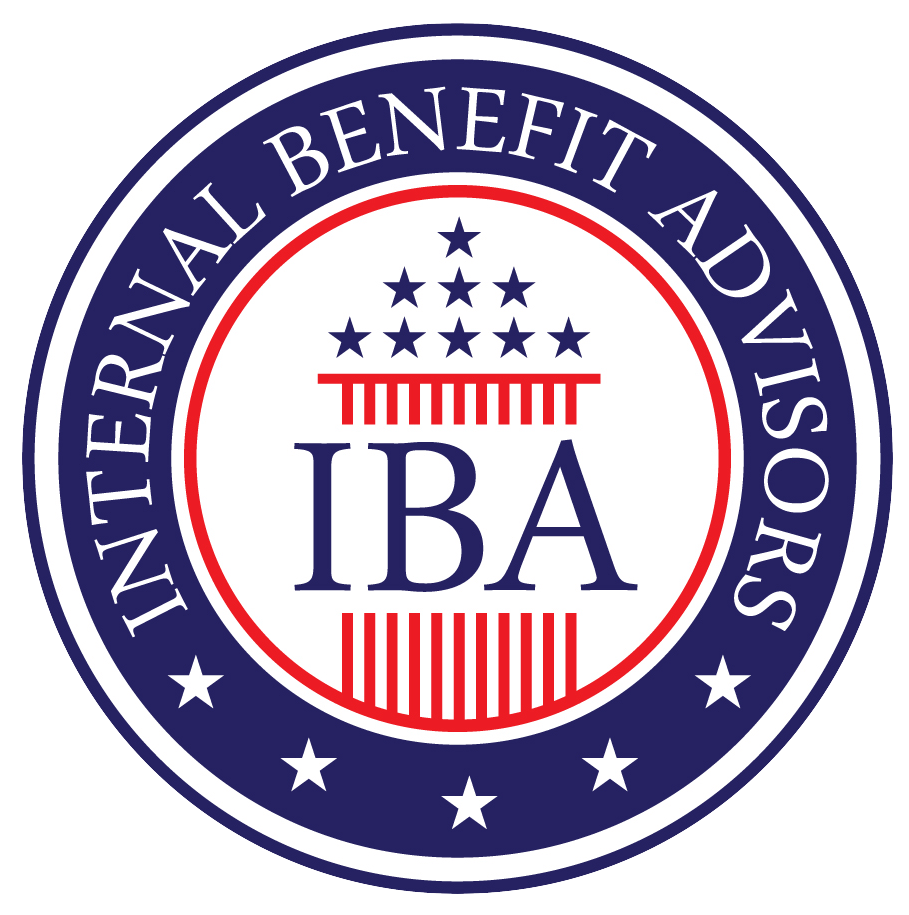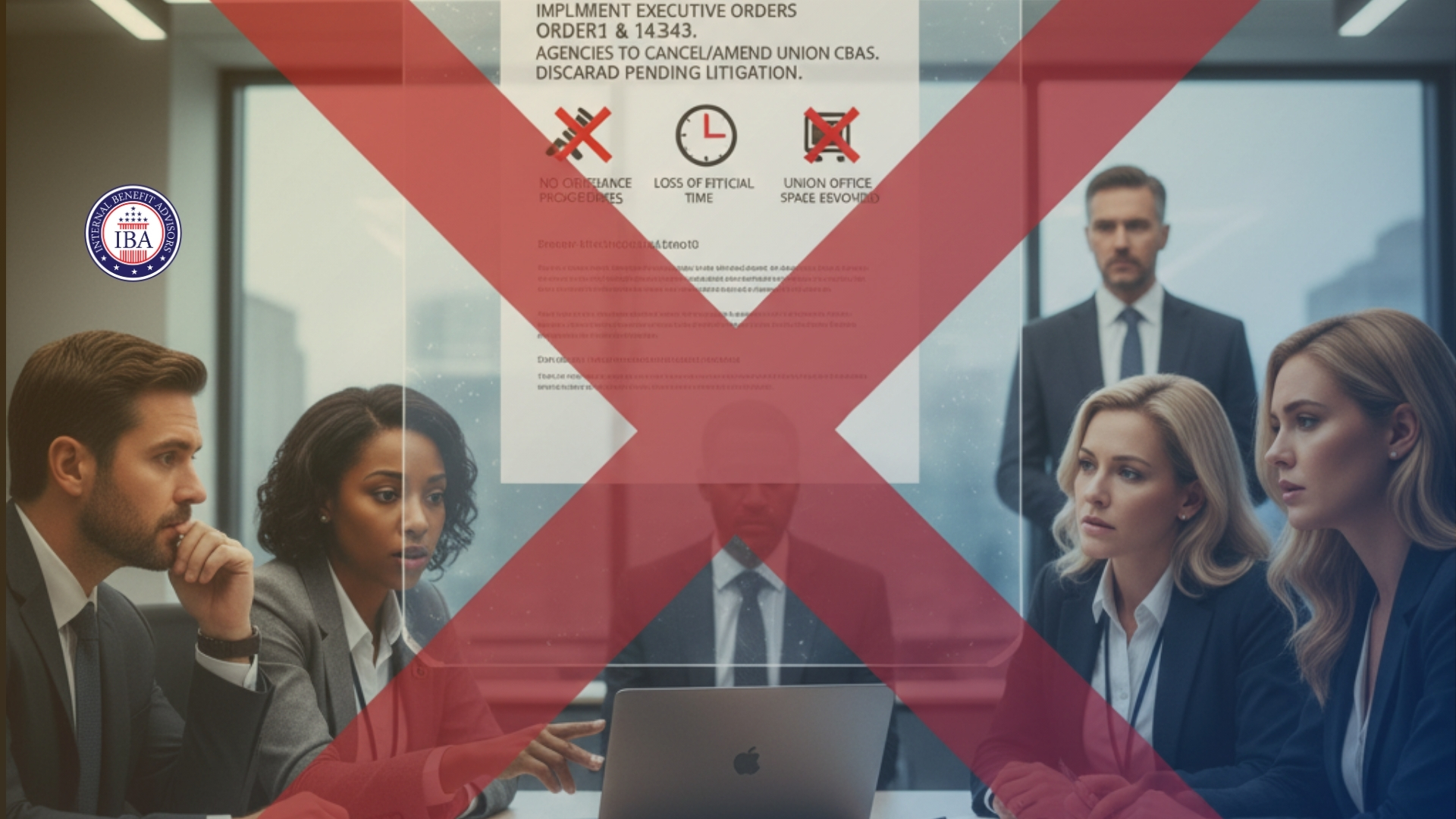Early retirement can be a fulfilling option for federal employees ready to pursue new opportunities or enjoy a slower pace of life. However, this transition requires a strategic approach to ensure long-term stability and satisfaction. Here are some top tips for federal employees considering early retirement.
1. Evaluate Your Retirement Readiness
Before deciding on early retirement, it’s crucial to evaluate your readiness. This involves looking beyond financial considerations to include lifestyle and psychological preparedness. Federal employees should reflect on what they wish to achieve in retirement and whether they are emotionally and mentally ready for this change. Working with Internal Benefit Advisors can provide valuable guidance in assessing readiness and setting realistic retirement goals.
2. Know Your Retirement Benefits
Understanding the benefits available to federal employees is essential for a secure retirement. Early retirees need to know how age and years of service impact their pension and other benefits. It is advisable to consult with experts who can help anticipate changes to benefits and ensure informed decision-making.
3. Plan for Long-Term Financial Security
Retirement planning should extend beyond immediate needs to encompass long-term financial security. Federal employees must develop a comprehensive financial plan considering inflation, market volatility, and unexpected expenses. It’s important to project future living costs realistically and adjust plans to accommodate economic or personal changes.
Engaging with financial advisors at Internal Benefit Advisors can provide tailored financial strategies that align with individual goals and risk tolerance. These professionals can assist in diversifying investment portfolios to mitigate risks and ensure steady income streams.
4. Consider Healthcare Needs
Healthcare is a major consideration for early retirees. Federal employees should examine their current healthcare coverage and determine what changes will occur upon retirement. Maintaining adequate healthcare coverage is crucial, especially for retirees before Medicare eligibility.
5. Manage Healthcare Costs Post-Retirement
Managing healthcare costs is a primary concern for early retirees. Here are some tips to help:
- Evaluate Federal Employees Health Benefits (FEHB) Program: Determine if you can continue with your current FEHB plan after retirement. The FEHB program often offers a variety of plans that may suit your needs and budget.
- Consider Health Savings Accounts (HSAs): HSAs can be a valuable resource for managing healthcare expenses. If you have a high-deductible health plan, contributing to an HSA before retirement can help cover out-of-pocket costs in retirement.
- Research Supplemental Insurance Plans: If you’re retiring before Medicare eligibility, research options for supplemental insurance to bridge the gap and cover additional costs.
- Look into Long-Term Care Insurance: Consider purchasing long-term care insurance to help cover potential future needs that could be expensive and not covered by regular health insurance.
- Understand Medicare Options: Educate yourself about Medicare and how it will integrate with your existing benefits so you can make informed decisions when you become eligible.
6. Explore New Opportunities and Interests
Retirement offers the chance to explore new interests, hobbies, or even part-time work. Federal employees should consider how they want to spend their time and consider activities that will provide fulfillment and social engagement. Whether volunteering, traveling, or pursuing a new career path, planning for these activities can enhance the retirement experience.
Conclusion
Early retirement allows federal employees to embark on new chapters in their lives. Retirees can enjoy a fulfilling and worry-free retirement by evaluating readiness, understanding benefits, securing financial stability, managing healthcare costs, considering healthcare needs, and exploring new opportunities. Consulting with Internal Benefit Advisors ensures that federal employees are well-prepared and confident as they take this significant step.
References:
Woodard, Katherine. “Early Retirement for Federal Employees: The Must-Do List Before You Hand in That Notice.” PS Retirement, URL, Accessed December 11, 2024.Internal Benefit Advisors, URL




